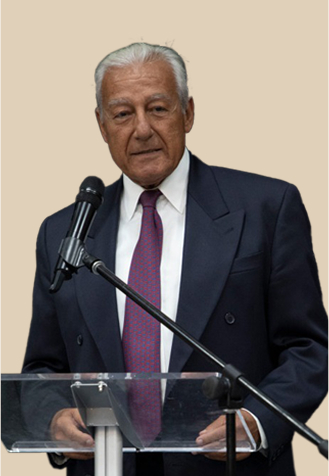Urgent: End Impunity of Prosecutors: Citizens Protection Act of 1998
Citizens Protection Act of 1998
Background
In all fifty states, the conduct of attorneys is regulated by the state supreme courts. Through attempts at self-regulation the Department of Justice (DOJ) has exempted itself from these which govern all other attorneys. Currently a bill was introduced in Congress, named the Citizens Protection Act of 1998, which will ensure that the Department of Justice’s attorneys are not exempt from the rules of ethics that regulate the conduct of all other attorneys. This bill makes any DOJ employee subject to punishment if they leak information during an investigation, seek the indictment of any person without probable cause, and intentionally mislead the court as to the guilt of any person.
Presently, ethics violations committed by lawyers are handled by the Department of Justice. This creates the problematic situation in which the Department of Justice acts both as a self-regulating and as a monitoring body. The passing of this bill would delegate the power of monitoring lawyers’ actions to an external review board. If the review board finds a person guilty of violating the rules of conduct, this person will be put on probation, demoted or dismissed.
This bill is of key importance to our community because it applies to Immigration and Naturalization Services (INS) lawyers and many FBI personnel. In the past, Arab Americans have been interrogated by FBI
employees without the presence of their attorney. In some cases, INS and
FBI attorneys have mistranslated statements made by Arab Americans and
used these statements as evidence in cases against them. Currently,
Department of Justice employees are not bound by rules of professional
conduct which all other attorneys must follow.
Talking / Writing Points
* Currently, the DOJ follows its own set of rules, wasting considerable resources, time and taxpayer money. It’s about time that the conduct of DOJ employees is regulated.
* Most attorneys are prohibited from:
– Leaking confidential information during an investigation
– Seeking the indictment of any persons without probable cause
– Failing to release information that would exonerate a person under indictment
– Intentionally misleading a court as to the guilt of any person
– Attempting to influence or color a witness’ testimony
– Knowingly misstating or altering evidence, and
– Impeding a defendant’s right to discovery.
However, since DOJ attorneys are not bound by these rules, they may engage
in such actions. This creates a fundamental inbalance of fairness when one
attorney is subject to rules of professional ethical conduct that do not apply to his or her opponent.
*With the establishment of an independent review board, the DOJ’s actions would become punishable by penalties such as:
– Probation
– Demotion
– Dismissal
– Referral of ethical charges to the Bar
– Loss of pension or other retirement benefits
– Suspension from employment
– Referral to a grand jury for criminal sanctions.
*As a result of the passing of this bill, all lawyers practicing in the US will be subject to the same kind of ethical rule. Thus, the DOJ will no longer be the only body whose employees are above the rules.
ACTION
– Immediate action is necessary because the vote will take place within days.
– Call your Senators and Representatives asking them to support this bill.
Urge them to pass this bill now. Ask them not to send it back into a committee where it will be killed.
Senate: (202) 255-3121
House: (202) 244-3121
– Congressman John Conyers has come out against this bill. Call him at
(202) 255-5126 urging him to support this bill or e-mail him at
[email protected]
– Congressman William Pascrell has not come out with a position regarding
this bill. Call him at (202) 255-5751 urging him to support this bill or
e-mail him at
[email protected]
Recent Posts
Action Alerts

Your support means everything. Your gift protects rights, builds community, and fights hate. Let’s move forward together.
